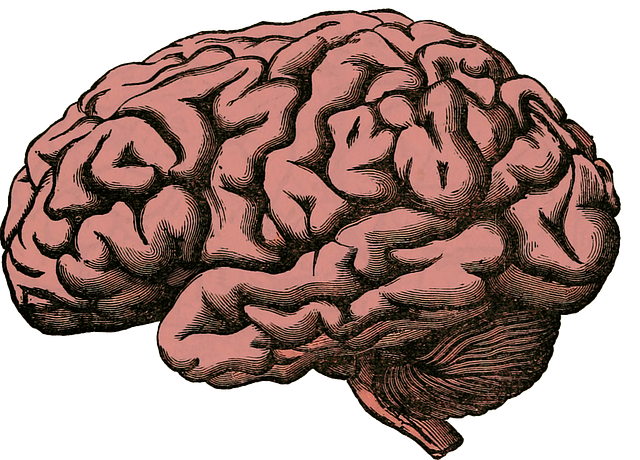Evaluating mental wellness programs for young adults requires a balanced blend of quantitative and qualitative methods, including surveys, interviews, and focus groups. Combining these approaches provides a holistic view of program impact on symptoms, emotional well-being, and self-care practices. Stakeholder involvement through participant feedback and support networks offers comprehensive insights. Long-term sustainability analysis identifies success factors and areas for improvement to tailor interventions fostering resilience and healthy coping mechanisms. Cultural sensitivity is crucial for personalized, inclusive therapy tailored to diverse young adult backgrounds for optimal outcomes.
Mental wellness programs are vital for supporting young adults navigating life’s challenges. This article delves into effective evaluation methods, offering a comprehensive guide to ensure program success. We explore powerful tools like quantitative and qualitative measures to assess impact, emphasizing the importance of stakeholder involvement through participant feedback and support system input. Additionally, we discuss long-term sustainability strategies, highlighting success factors and areas for improvement tailored for young adults’ therapy.
- Assessing the Impact: Quantitative and Qualitative Measures
- Stakeholder Involvement: Gathering Feedback from Participants and Support Systems
- Long-Term Sustainability: Identifying Success Factors and Areas for Improvement
Assessing the Impact: Quantitative and Qualitative Measures

Evaluating the impact of mental wellness programs is multifaceted, requiring a blend of quantitative and qualitative measures to gain a holistic understanding. Quantitative methods, such as surveys and standardized assessments, are powerful tools for gauging changes in symptoms, attitudes, and behaviors among young adults participating in therapy. These approaches provide objective data on progress, enabling researchers and practitioners to identify effective interventions and track program success over time.
Qualitative measures, including interviews, focus groups, and participant journals, offer rich insights into the lived experiences of young adults. This method captures nuances, personal reflections, and emotional well-being promotion techniques that may not be evident through quantitative data alone. By combining these approaches, mental wellness programs can effectively assess their impact, inform adjustments to burnout prevention strategies for healthcare providers, and ultimately facilitate the development of tailored self-care routine practices for better mental health outcomes among young adults.
Stakeholder Involvement: Gathering Feedback from Participants and Support Systems

Stakeholder involvement is a vital aspect of evaluating mental wellness programs designed for young adults. Gathering feedback from both program participants and their support systems provides valuable insights into the effectiveness and impact of these initiatives. Participants can offer firsthand accounts of their experiences, including improvements in mood management, enhanced communication strategies, and the adoption of stress reduction methods. This qualitative data is crucial for understanding individual journeys towards mental well-being.
Moreover, engaging with support systems such as parents, guardians, or therapists allows for a broader perspective. They can provide additional context on the program’s influence on the young adults’ lives, including changes in behavior, attitudes, and overall resilience. Integrating these diverse perspectives ensures that evaluation methods are comprehensive, capturing both immediate and long-term effects on the mental wellness of young adults seeking therapy.
Long-Term Sustainability: Identifying Success Factors and Areas for Improvement

Evaluating the long-term sustainability of mental wellness programs is a crucial step in ensuring their effectiveness and impact on young adults’ lives. This involves a comprehensive analysis of the program’s success factors, as well as areas that require improvement. By identifying what works and what doesn’t, mental health professionals can tailor interventions to better support this demographic, fostering self-awareness exercises that promote resilience and healthy coping mechanisms.
Cultural sensitivity in mental healthcare practice is also essential for sustainable programs. Understanding the unique cultural backgrounds and experiences of young adults allows for more personalized and effective therapy, increasing the likelihood of positive outcomes. Mental health awareness initiatives should aim to integrate these insights, ensuring that services remain accessible, inclusive, and beneficial to all, regardless of background.
Evaluating mental wellness programs is essential for understanding their effectiveness, especially in catering to the unique needs of young adults. By combining quantitative data with qualitative insights from participants and support systems, we can gain a holistic view of program impact. This approach allows us to identify successful elements and areas requiring improvement, ensuring ongoing refinement and enhanced outcomes. Incorporating stakeholder feedback is crucial for creating sustainable programs that adapt to the evolving needs of young adults seeking therapy.












